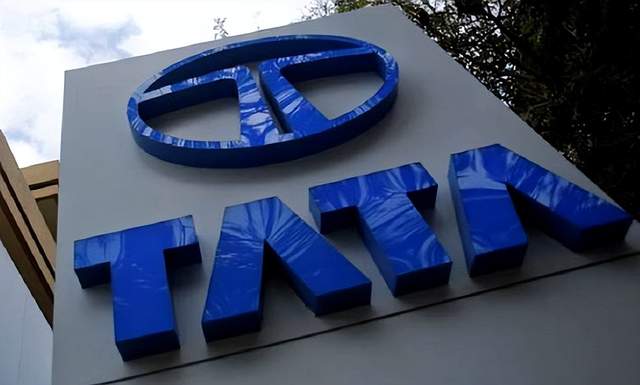No wonder Apple is returning to China, as India is ready with its cleaver, and Chinese mobile phones are a warning sign
![]() 08/16 2024
08/16 2024
![]() 551
551
Recently, foreign media reported that India has quietly begun an antitrust investigation into Apple on the grounds of Apple's monopoly of its App Store and iOS system, planning to impose a hefty fine on Apple. However, as Apple shifted most of its iPhone 16 orders back to China this year, India may refrain from further action against Apple, fearing that such a move could lead to Apple further reducing its manufacturing scale in India.

India is highly likely to take such action, as it has imposed hefty fines on Vodafone, Amazon, and Chinese mobile phones over the past decade. Now that Apple has a certain scale in the Indian market, India may feel that it can take action against Apple, given that Apple is much more profitable than Chinese mobile phones.
However, Indian manufacturing is indeed subpar. The yield rate of iPhones manufactured by Apple and Foxconn in India is too low, and there have been issues such as E. coli contamination leading to returns from Europe. Apple attaches great importance to this year's iPhone 16 and does not want any further problems. Therefore, Apple has placed most of its iPhone 16 orders in China this year. India fears that further pressuring Apple may scare it away, which would be counterproductive, so it has quietly withdrawn its investigation.
It can be seen that due to the poor performance of Indian manufacturing, Apple has reduced the proportion of iPhones manufactured in India, which inadvertently saved itself from significant losses. This may be an unexpected boon for Apple, and it also shows that Apple has finally recognized the significant gap between Indian manufacturing and Chinese manufacturing.
In fact, since developing the iPhone in 2007, Apple has always relied on Chinese manufacturing. Over the past decade, Chinese manufacturing has gained global recognition for its high quality, enabling the rapid growth and development of the iPhone and turning Apple into a $3 trillion company. It was unwise for Apple to venture into the Indian market at this point.

India can be described as a voracious beast that has long targeted foreign-invested enterprises, earning it the reputation of being a "graveyard for foreign investment." However, with a population of 1.4 billion, India is the most populous country in the world, and its vast market continues to attract global players to explore and develop it.
However, India's business conglomerates are extremely greedy. After Vodafone was fined heavily, many local operators emerged in India, and now the top-ranked operators in India are all local ones. India's crackdown on Chinese mobile phones in recent years is also attributed to its business conglomerates, which seek to acquire controlling stakes in Chinese mobile phone companies operating in India to develop their own mobile phone business.
Similarly, Apple has also been deeply influenced by Indian business conglomerates. Apple has encouraged three contract manufacturers—Wistron, Foxconn, and Pegatron—to set up factories in India. Wistron has already been acquired by the Indian conglomerate Tata, and Pegatron's controlling stake is currently under negotiation, leaving only Foxconn. Indian business conglomerates have also become involved in Apple's retail store system in India, indicating that they are now intervening in both Apple's manufacturing and sales in the country.
India's business conglomerates' greed concerns Apple, as it fears the erosion of its control, which is inconsistent with Apple's traditionally assertive stance. Only about 5% of iPhone sales come from the Indian market, while China accounts for 25%. The significant market disparity and manufacturing gap have led Apple to reassess the importance of the Chinese market, which is far more crucial than the Indian one.

Apple's experience in India proves that while India is a potential large market, it may not be a good one. Deepening its presence in the Indian market could potentially lead to significant challenges. Ford, for example, eagerly invested in India but ultimately retreated, leaving a cautionary tale for Apple. Before investing in India, Apple should heed Ford's lesson and proceed with caution.







